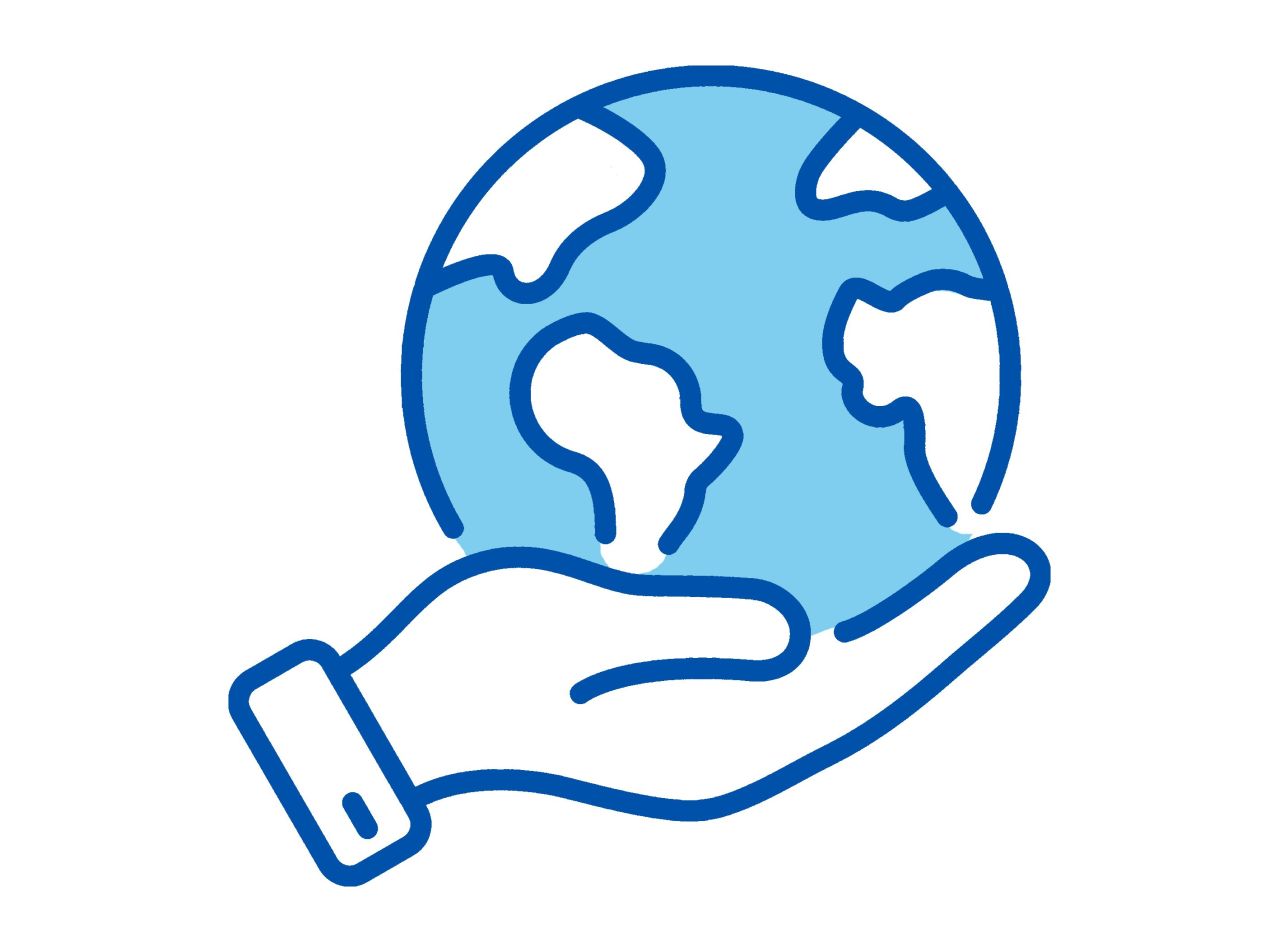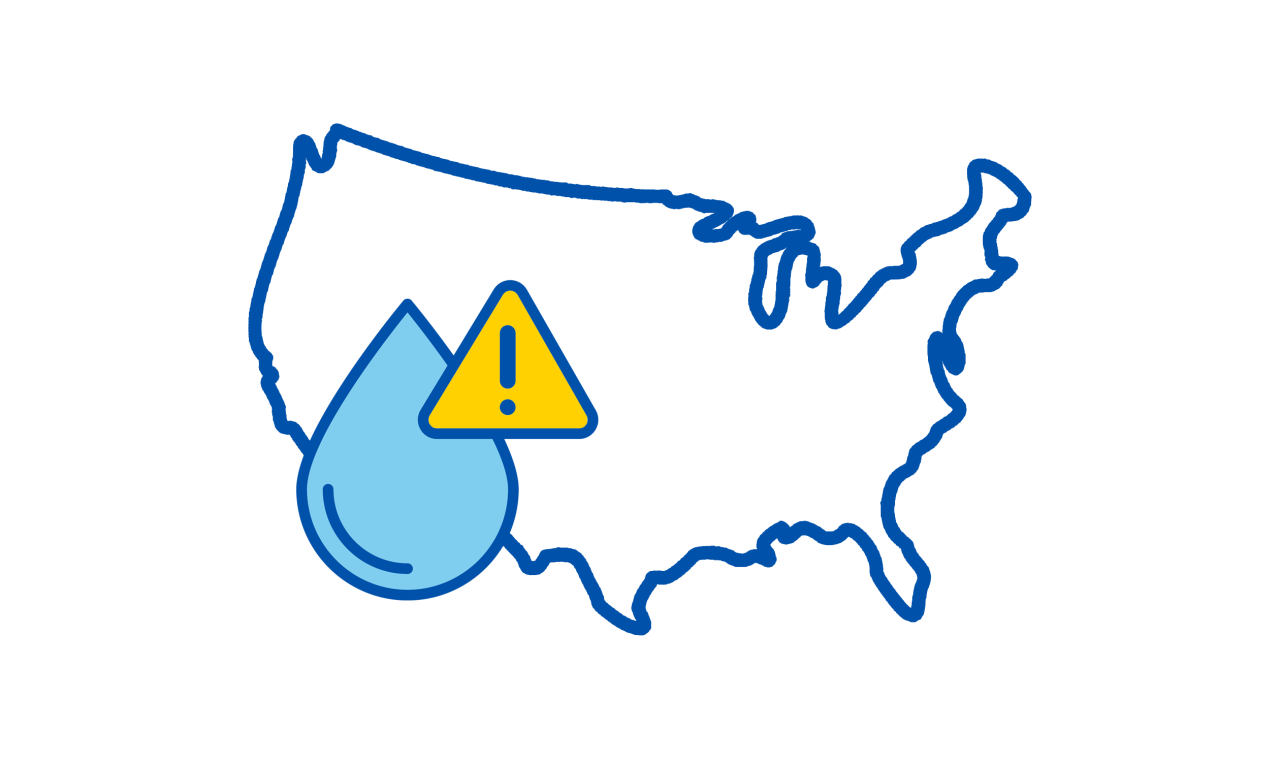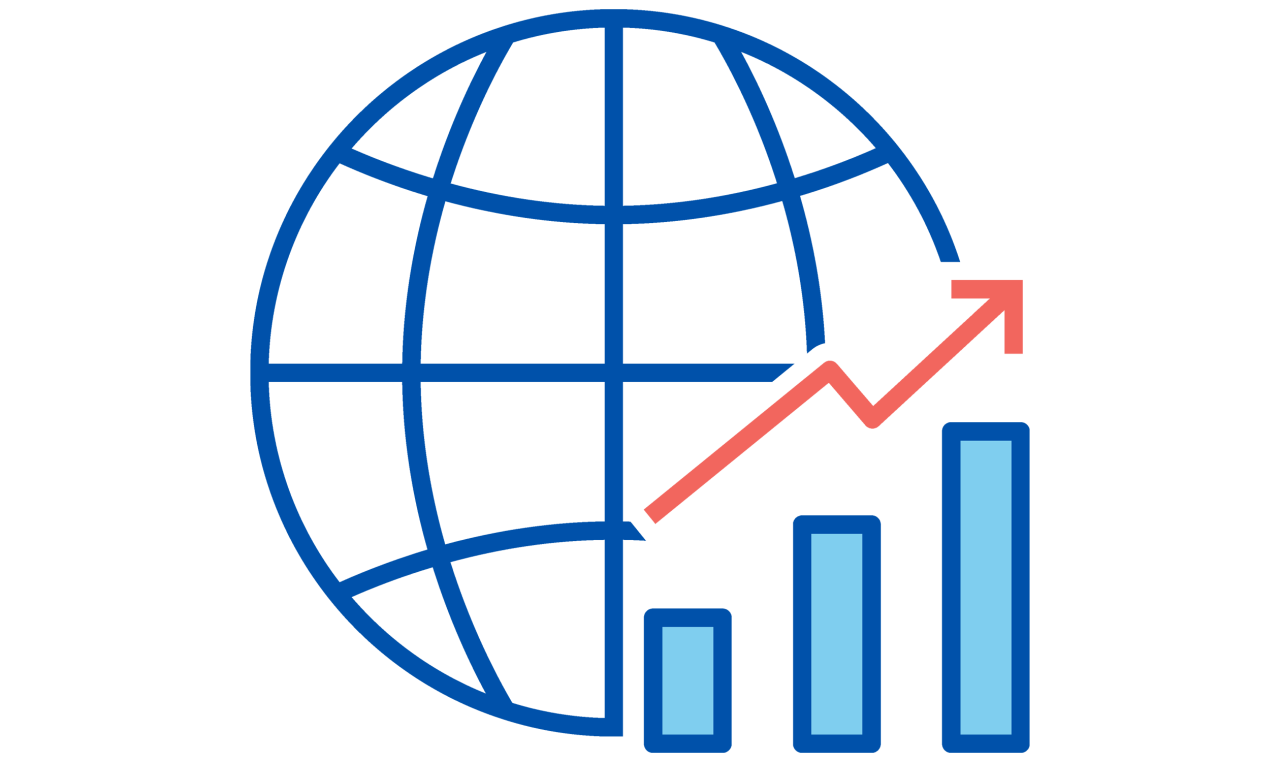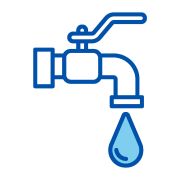
Environment and AI
We study how we govern water resources to learn what leads to better environmental and social outcomes like improved water quality and more flexible governance arrangements. We also study adaptation, assessments, and evidence synthesis contributing to broader efforts to evaluate and accelerate adaptation.
Non-transboundary and Transboundary Water Governance
Subnational governments play important roles in water allocation and planning as well as in governing transboundary (inter- or intra-state or international) water resources. We seek to better understand more/less successful governance arrangements that result in more/less successful environmental and social outcomes, including: improved water quality, conflict reduction, and increased water system resiliency.

Curious About These Issues? So Are We.
-
How do governments manage water resources?
-
What determines successful environmental and social outcomes?
-
How can water management reduce conflict, improve water quality, and engineer more resilient systems?
Research Spotlight:

The role of U.S. states in facilitating effective water governance under stress and change
Managing water is becoming harder, but many current systems aren’t built to adapt. We studied five U.S. states to see what makes water governance more flexible and resilient. We found that success depends on combining strong rules, public input, good data, and flexible planning—all supported by funding and coordination. Without these, efforts to adapt, especially to climate change, often fall short.
Kirchhoff CJ, Dilling L. 2016. The role of U.S. states in facilitating effective water governance under stress and change, Water Resources Research, 52(4), 2951-2964. doi:10.1002/2015WR018431.
What is recycled water, anyway?
As climate change and farming put more pressure on water resources, recycled water could help—especially in greenhouse irrigation. Although treated recycled water is proven safe, many growers are still hesitant to use it. We looked at how growers understand recycled water, finding that they define it in four different ways: captured water, treated water, reused water, and water that’s recirculated. These views shape how they think about its use, but a grower’s past experience with recycled water has a bigger impact on whether they’re willing to use it.
McOmber C, Zhuang Y, Raudales RE, Vadas TM, Kirchhoff CJ. What is recycled water, anyway? Investigating greenhouse grower definitions, perceptions, and willingness to use recycled water. Renewable Agriculture and Food Systems. 2021;36(5):491-500. doi:10.1017/S1742170521000090
Keep Reading—There’s More to Discover
- Unpacking the Success among Water Quality Collaborative Governance Efforts in the United States. In: Environmental Science and Policy
Adaptation, Evidence Synthesis, and Assessment
We focus on understanding what adaptation is happening, who is adapting, and what enables/impedes adaptation. We are also contributing to efforts to advance adaptation evidence synthesis through the use of AI, and to advance the science and practice of assessment.

Curious About These Issues? So Are We.
-
What nations and localities are adapting water systems in response to climate change?
-
How are they adapting? What factors facilitate or impede the ability to adapt?
-
What can evidence synthesis with AI reveal about patterns of adaptation and how can it advance assessment?
Research Spotlight:
A global assessment of actors and their roles in climate change adaptation.
While governments may take the lead in planning and financing climate change adaptation measures, such as incentivizing green infrastructure, individuals currently are most often the ones implementing actions to adapt to climate change, according to new research.
Petzold, J., Hawxwell, T., Jantke, K. et al. A global assessment of actors and their roles in climate change adaptation. Nat. Clim. Chang. 13, 1250–1257 (2023). https://doi.org/10.1038/s41558...

A systematic global stocktake of evidence on human adaptation to climate change.
Collaborating with 126 scientists from around the world, we reviewed nearly 1,700 peer-reviewed articles to see how people are actually adapting to climate change. We found that adaptation progress is mostly incremental–small, local efforts with limited impact. Big, long-term changes were rare. Our study highlights key research gaps for understanding adaptation progress, including understanding what works, involving more regions and voices, tracking private sector efforts, and improving how we measure progress over time.
Berrang-Ford, L., Siders, A.R., Lesnikowski, A. et al. A systematic global stocktake of evidence on human adaptation to climate change. Nat. Clim. Chang. 11, 989–1000 (2021). https://doi.org/10.1038/s41558...


